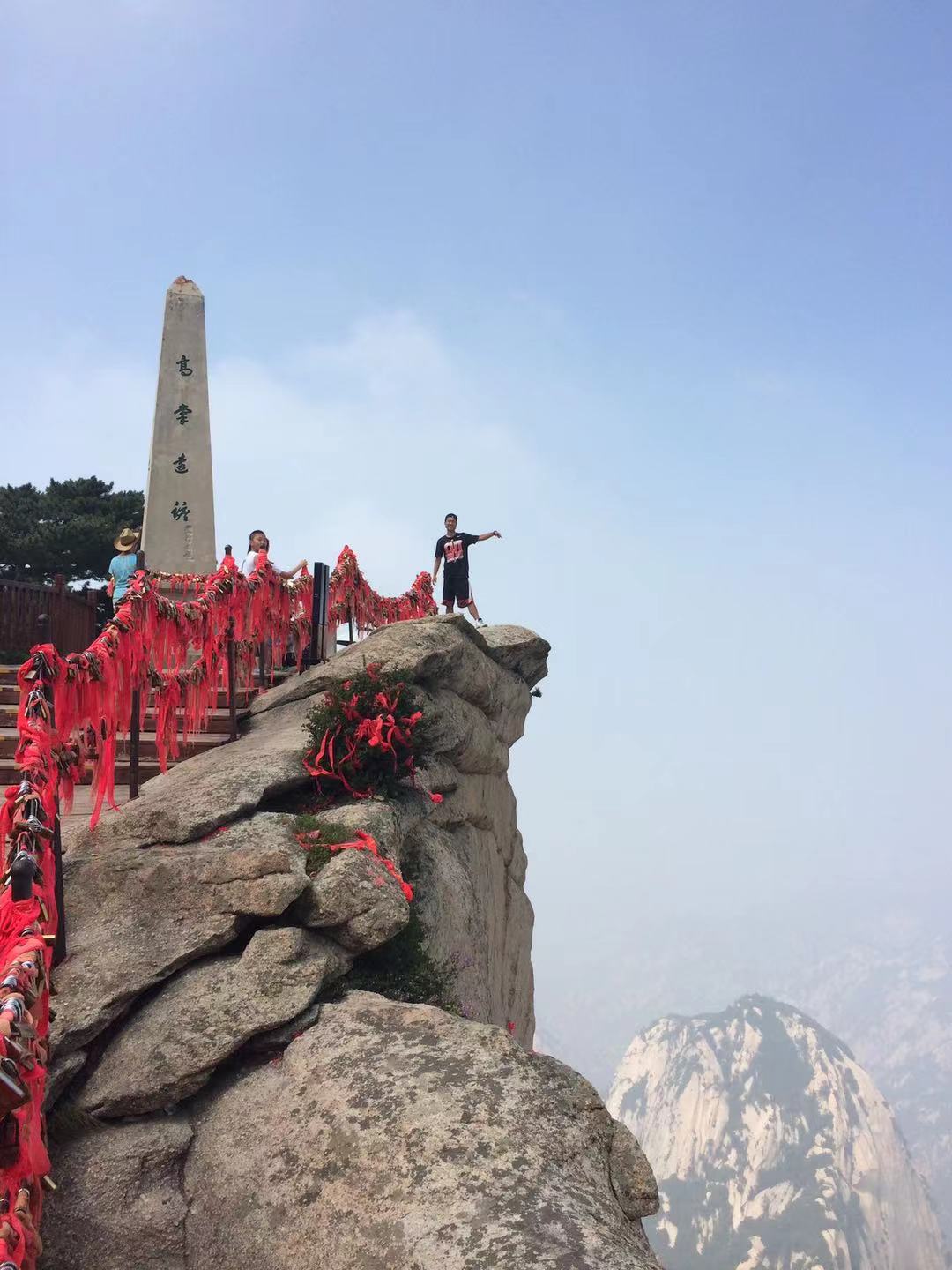Zhong Zhong

I'm graduate student who has a strong interest in Machine Learning and Data Analysis. I also study Deep Learning (especially, computer vision) during my free time.
笨鸟先飞 & 耐心
Semantic Segmentation
2015
[DeconvNet]
[DeepLabV1 & V2]
[CRF-RNN]
[SegNet]
[DPN]
2016
[ENet]
[ParseNet]
[DilatedNet]
2017
[DRN]
[RefineNet]
[ERFNet]
[GCN]
[PSPNet]
[DeepLabV3]
[LC]
[FC-DenseNet]
[IDW-CNN]
[DIS]
[SDN]
2018
[ESPNet]
[ResNet-DUC-HDC]
[DeepLabV3+]
2019
[ResNet-38]
[C3]
[ESPNetv2]
2020
[DRRN Zhang JNCA20]
Two types of image segmentation
Semantic Segmentation and Instance Segmentation
FCN:one of the fisrt proposed models for end-to-end semantic segmentation. SOTA cnns are converted to fully convolutional by making FC layers 1x1 convolutions. Transposed convolutions are used to upsample. skip connections are used.
SegNet: encoder-decoder framework. encodrer and decoder are symmetrical to each other.
UNet: encoder-decoder framework with skip connections. It was built for medical purposes to find tumours in lungs and brains.
UNet for medical domain, FCN & SegNet for small dataset.
DeepLab: 1. Atrous (Dilated?) Convolutions. 2. Atrous Spatial Pyramidal Pooling 3. Conditional Random Fields Usage for Improving Final Output.
Bilinear up sampling.
PSPNet: Pyramid scene Parsing Network. Kind of like SPPNet, pool feature into different sizes, and combine them together.